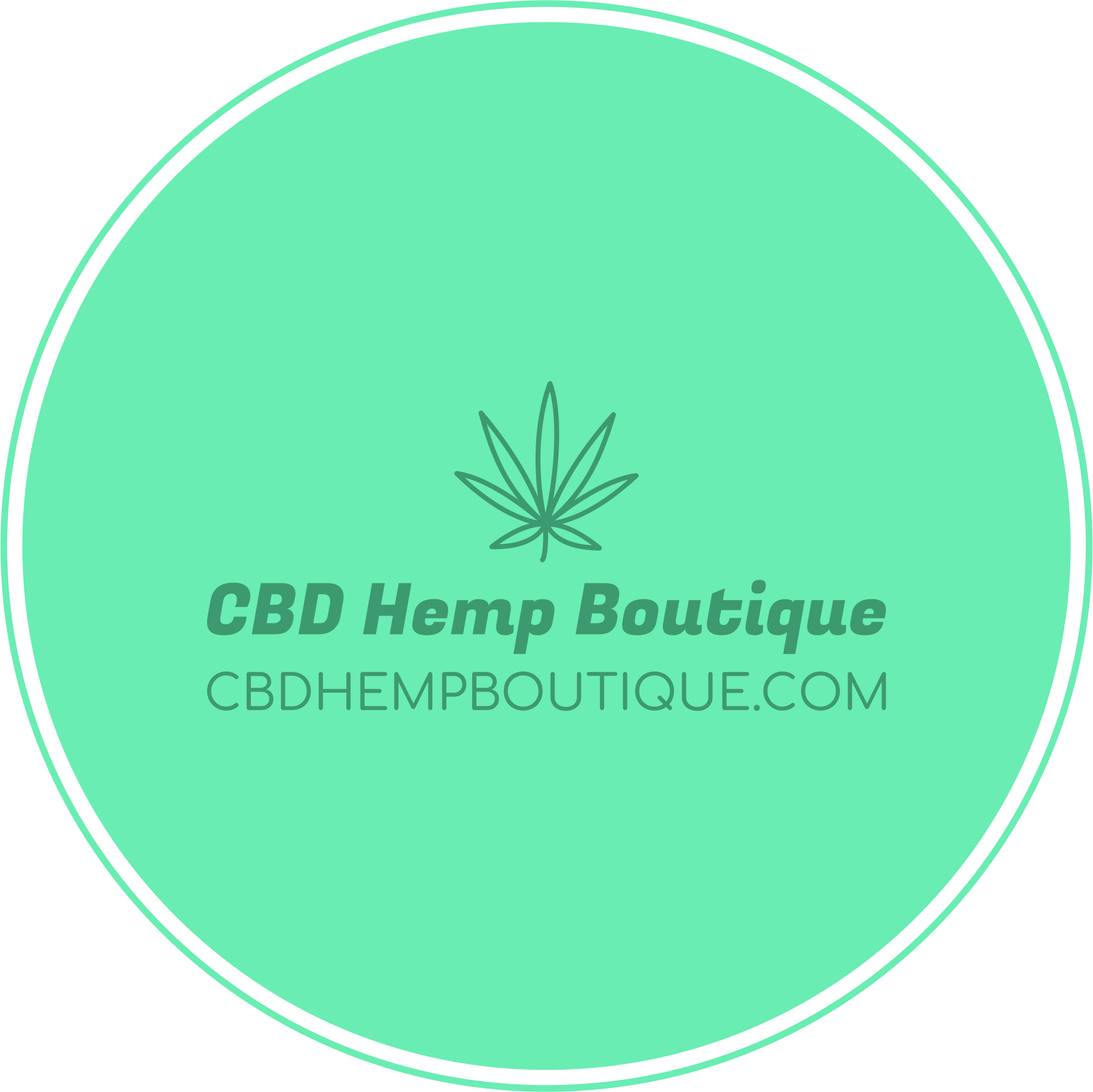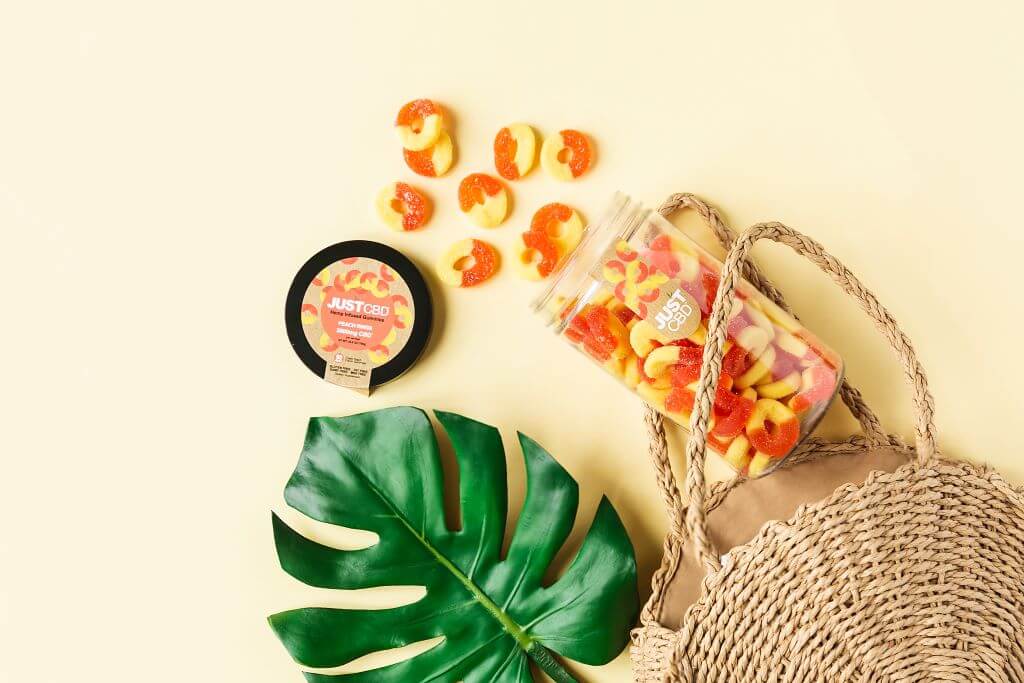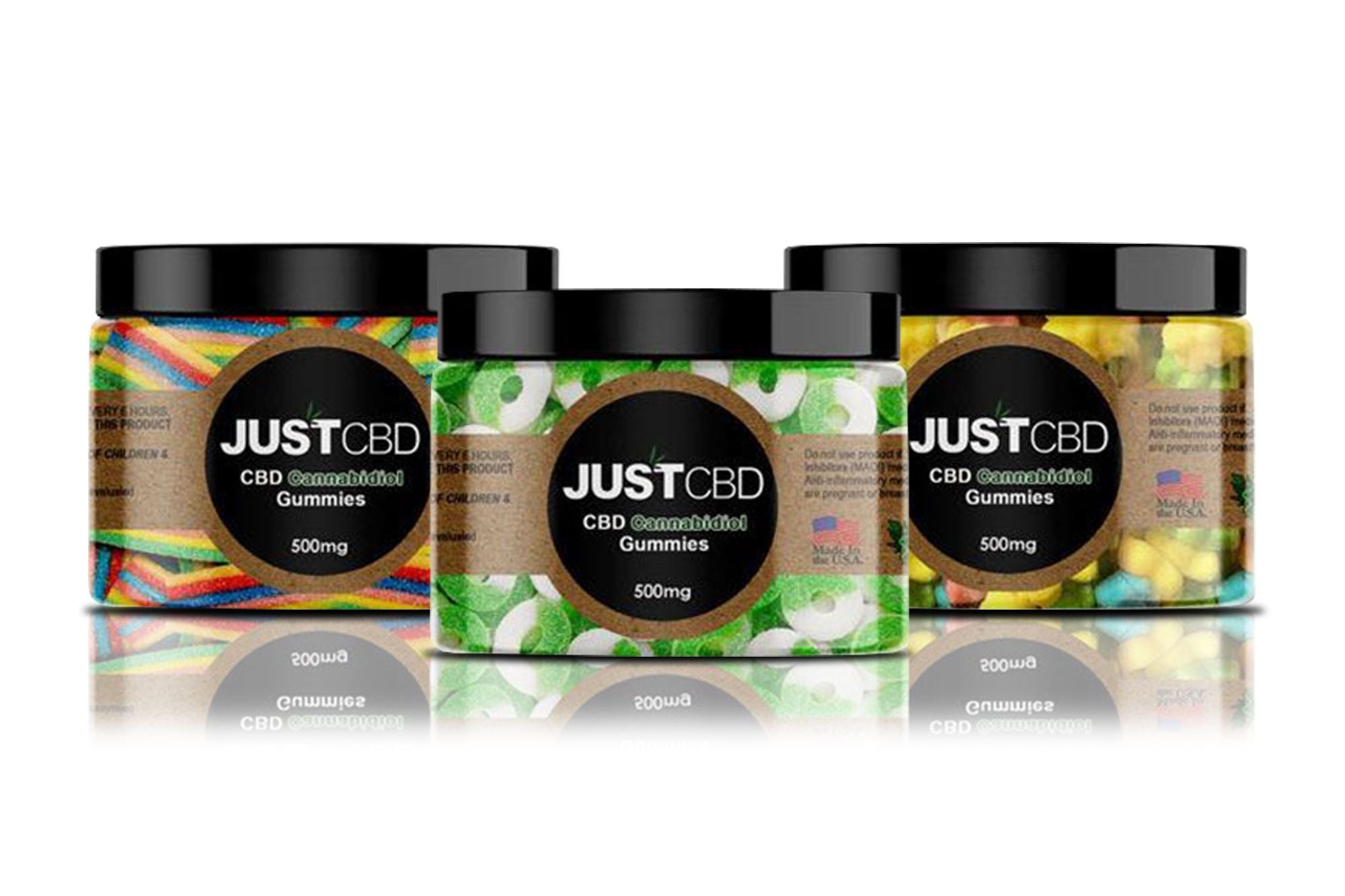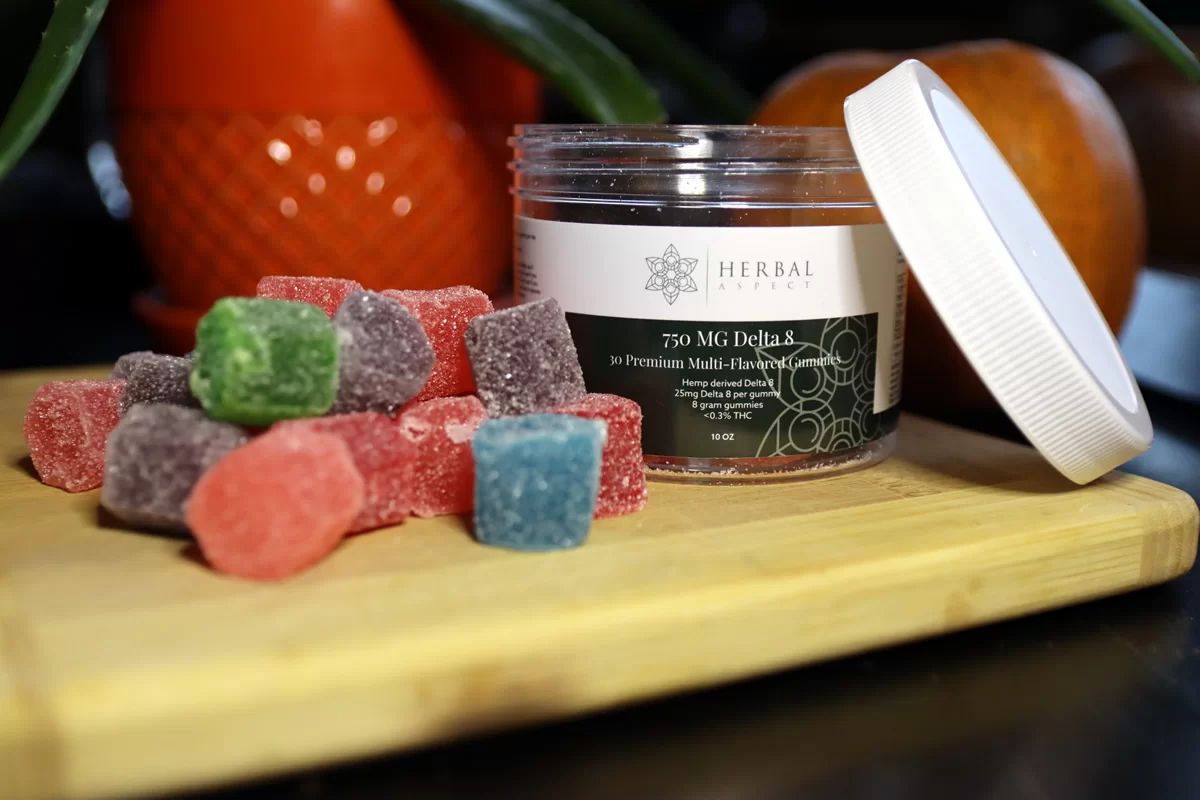Buying fake products has become common, especially in the online market. Although you can gamble with your money by going for accommodating prices, you shouldn’t do the same with your health. Herein is how to determine a fake cart, including checking the licensing, the ingredients used, the COA’s report, and the packaging.
A fake Delta-8 cart can be harmful to your health. Most are manufactured using shortcuts to minimize expenditure, exposing users to greater risks. The main aim of hemp-based products is to provide organic hemp products that will improve your health rather than harm it. This article highlights tips to help you differentiate between fake and original carts.
What is Delta-8 Cart
Various researchers have tagged the hemp plant as useful for improving your general health and wellness. Bischoff et al. (2014) noted that has various elements believed to regulate hormone production and prevent bacterial infections. These elements include terpenes, flavonoids, tetrahydrocannabinol (THC), and cannabidiol (CBD). According to Kumarasamyraja et al. (2012), terpenes and flavonoids are also found in other plants. They have been used in numerous therapeutic trials because of their anti-inflammatory and anti-fungal infection.
THC is the main element found in the Delta-8 cart. Unlike CBD, it has been noted to have psychoactive side effects making it unfriendly, as suggested by Fattore, Liana & Walter (2011). According to the research, this compound can cause dizziness, poor memory, dry lips, or red eyes, which are the signs of getting “high.” Various researchers differ in opinion regarding the effectiveness of THC. According to Gallily, Yekhtin & Lumir (2018), tetrahydrocannabinol has anti-inflammatory properties that make it suitable for improving pain, stress, and lack of sleep when taken considerably. Notably, the health benefits are yet to be approved.
How Do You Determine a Fake Cart?
Without understanding tips on differentiating between a good and a fake cart, you will always be exposing yourself to risks. Here are some of the best ways to identify a fake cart:
Check the Licensing
Where you buy your cart determines whether it is fake or good. A cartridge bought at a non-licensed dispensary puts you at a greater risk because it is likely to be fake. Although the prices might be quite enticing, the additives can have dire effects, especially when heated or combined with other ingredients.
In contrast, licensed stores are likely to provide quality cartridges. Such stores sell cartridges assessed for quality using independent labs, ensuring the product is free from chemical solvents and heavy metals. Notably, whether you are buying it online or from the nearest store, the law demands that the THC cartridge have a license number on its packaging. The number assures users that the cartridges are safe, legal, and tested. Therefore, if any of your products don’t have a licensing number, avoid consuming them.
Also, avoid brands that don’t publicize their lab results online. Such brands might not be fully transparent about the safety of their products, and some still don’t offer upon requesting their COA’s report. It is fake if the lab result information does not accompany the cart.
Packaging
It is important to scan for some important information on the packaging of your CBD vape cartridge. A legit or legal THC cartridge should have the following on its packaging;
- Batch number
- Date of Packaging
- Manufacturing Date
- Lot Number
The packaging icon is significant and cannot be ignored. These icons are essential and must be printed unless the cart is fake. The best THC cartridge manufacturers provide QR codes on their packaging for further quality affirmation by customers. The QR codes are important for proving legality, safety, and legitimacy, especially with the current technology promoting counterfeit products. QR codes also help in verifying the information on the packaging. Confirm the serial number on the packing is similar to the one online; if they are not the same, it is a fake.
Ingredients
The ingredients play a significant role in determining the safety of your cart. A fake cart is likely to have ingredients not assessed for consumer safety. A vitamin E thickener is a suitable example of an ingredient used in fake products because it provides consistent results. This element is cheap and provides convenience for manufacturers to make a profit. Consider THC cartridges with organic ingredients since they are safe for consumption and pose fewer threats than artificial ones.
The COA’s Report
The best Delta-8 manufacturers assess the quality of their vape juice at every processing stage. If you have doubts about the quality of the cart you bought, assess the COA reports. The testing should be conducted at a licensed or approved facility. This helps you determine the purity levels of your cart and confirm it is void of heavy metals and chemical solvents that will put you at a greater risk. As noted earlier, don’t use any cartridge without COA’s report. Also, confirm the actual potency levels to avoid overdosing unknowingly. If the posted and actual potency levels differ with a margin exceeding 5%, then the cart is not safe.
Conclusion
The market for cartridges keeps expounding as more hemp-based manufacturers come into play. This causes a fall in prices due to the high competition. The question is, will you still get quality? Low prices are attractive, but they put you in danger of landing on fake products. The standard procedure for processing Delta-8 carts is expensive. The more money is invested in the manufacturing process, the higher the prices. However, the price might vary depending on factors such as potency levels.
References
Bischoff, S. C., Barbara, G., Buurman, W., Ockhuizen, T., Schulzke, J. D., Serino, M., … & Wells, J. M. (2014). Intestinal Permeability–A New Target For Disease Prevention And Therapy. BMC Gastroenterology, 14(1), 1-25.
Fattore, L., & Fratta, W. (2011). Beyond THC: The New Generation Of Cannabinoid Designer Drugs. Frontiers In Behavioral Neuroscience, 5, 60.
Gallily, R., Yekhtin, Z., & Hanuš, L. O. (2018). The Anti-Inflammatory Properties Of Terpenoids From Cannabis. Cannabis And Cannabinoid Research, 3(1), 282-290.
Kumarasamyraja, D., Jeganathan, N. S., & Manavalan, R. (2012). A Review On Medicinal Plants With Potential Wound Healing Activity. Int J Pharm Pharm Sci, 2, 105-11.
- Discover the Top CBD Strains for Enhancing Your Intimate Moments - July 8, 2024
- Bliss in a Can: Exploring Melo’s THC Beverage Wonderland - May 9, 2024
- VAPE BATTERIES BY Ecigmafia-Comprehensive Analysis Top Vape Batteries Unveiled - February 5, 2024




